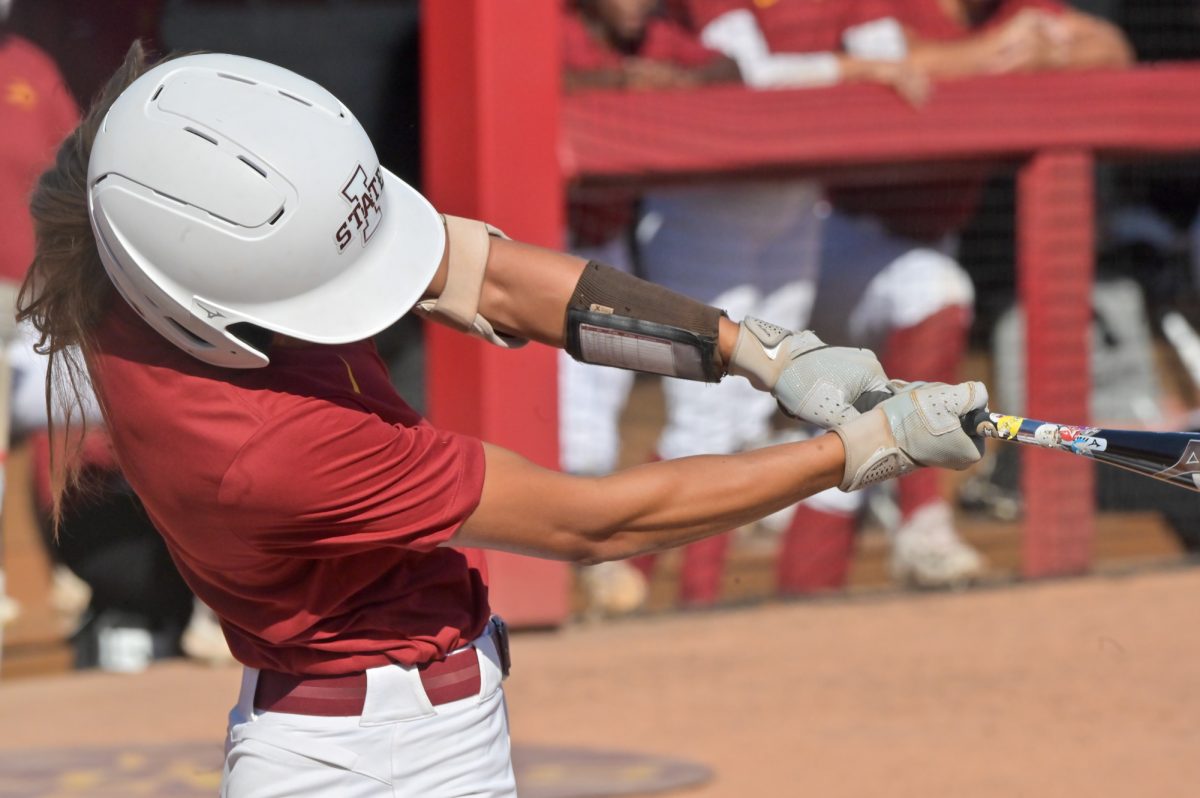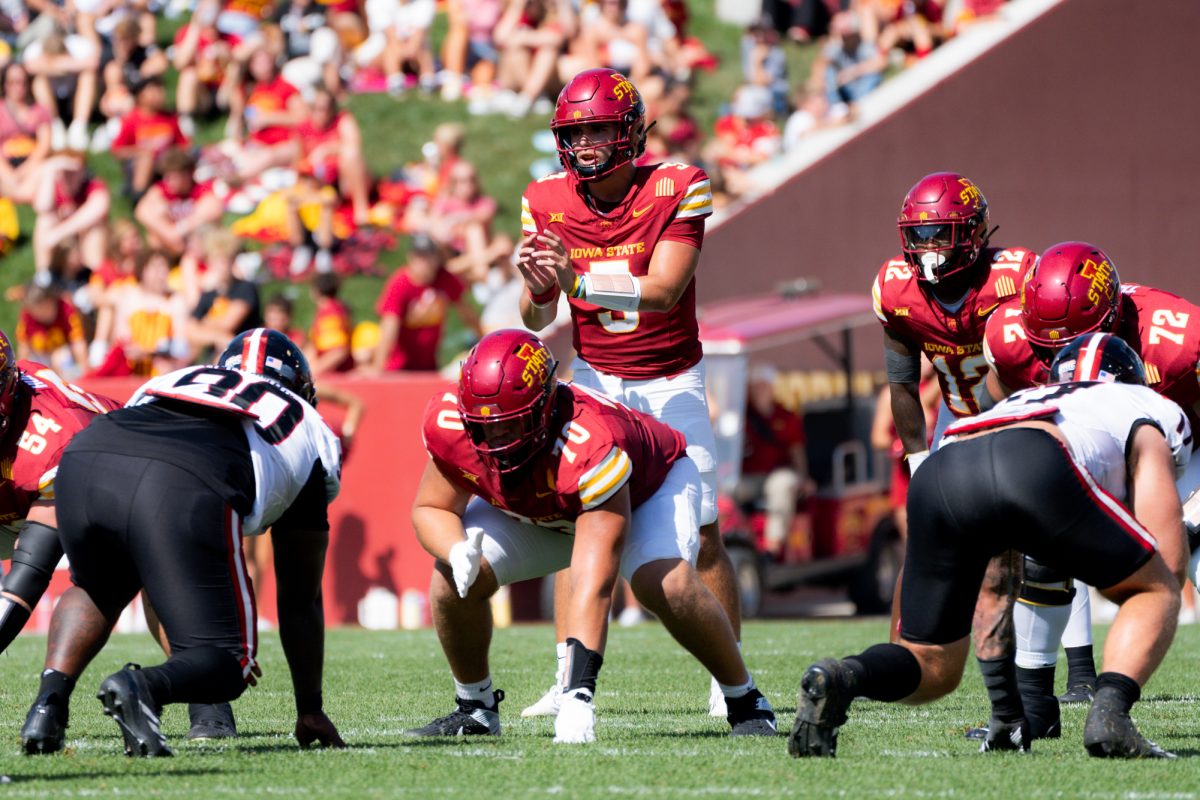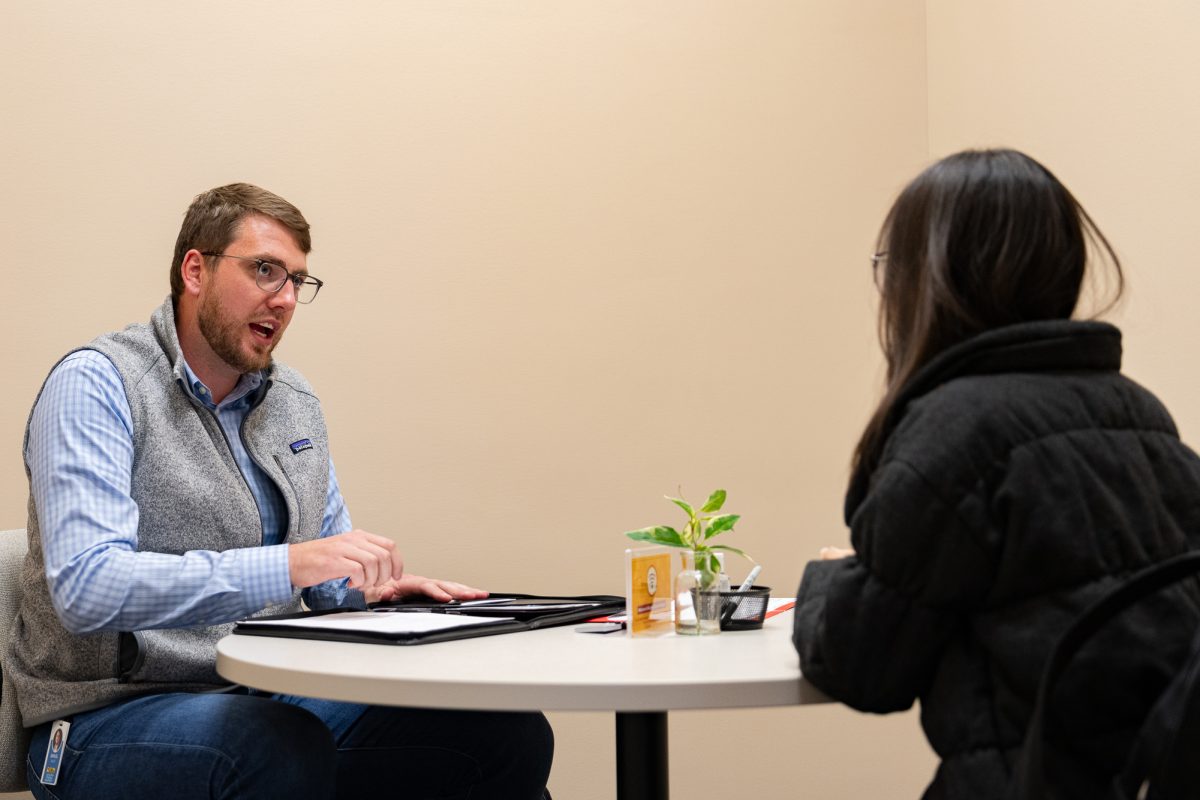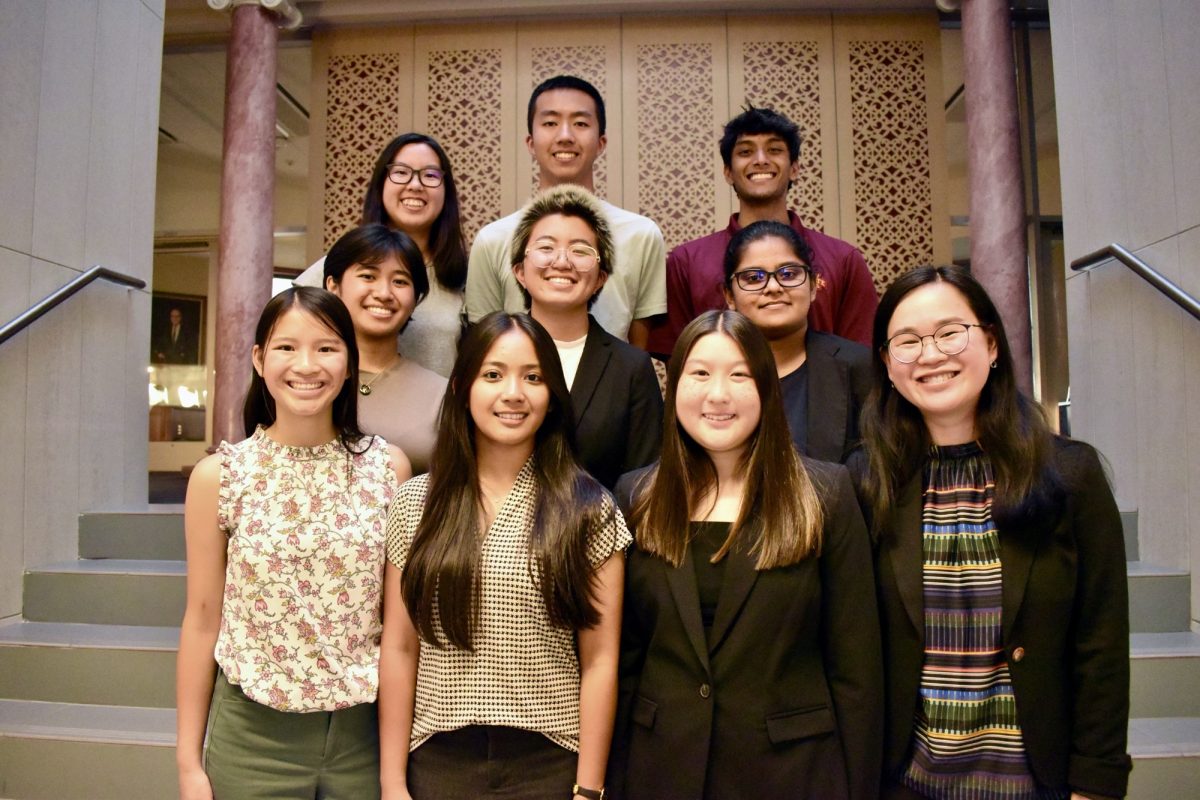Student activism becomes personal
November 20, 1998
Student activism on campus has, in some cases, moved from an organizational emphasis to a personal, every day kind of activism.
“Activism is standing up for what you believe in even though it may be controversial,” said Alissa Stoehr, senior in liberal studies. Stoehr was the coordinator of Women’s Week, which brought in feminist speakers, including Gloria Steinem.
Angela Chipman, president of the Lesbian Gay Bisexual Transgender Ally Alliance, said it is necessary to be proactive.
“There’s a difference between tolerating something and including something,” Chipman said. “Activists don’t just tolerate; they work to include.”
However, activism is not limited to a highly visible fight, said Tonya Mjelde, vice president of the Committee Against Violence.
“A lot of the activism that goes on you can’t see,” Mjelde said. “You can do things everyday that are promoting a cause.”
An example of this is neighbors notifying authorities after hearing someone being battered in a domestic dispute, Mjelde said.
Mjelde, senior in Spanish, said organizational involvement on campus is low for a lot of reasons.
Stoehr, who is an active participant in about 10 different organizations, said one reason students do not get involved is because they are not educated on the issues.
“Students are scared to join organizations like [pro-choice groups] because they have the totally wrong idea,” Stoehr said.
Many students do not have the time to get involved, Mjelde said.
“There are a lot of causes I would fight for, but I don’t have the time,” she said.
Xavier Allen, president of the Black Student Alliance, said he believes being active in student groups and organizations is valuable.
“It’s part of your college experience; you can learn a lot from it,” said Allen, junior in pre-business. “It breaks down a lot of barriers … [inspires] new and fresh ideas.
“I believe that BSA just stands for what they believe, and they won’t back down from it,” he said, adding BSA’s adapted motto is a quote from Fredrick Douglass — “Without struggle, there is no progress.”
Another challenge in getting students involved, is students’ impatience in bringing about change, Stoehr said.
“They want quick results, and social change does not happen quickly,” she said.
Negative peer reaction also is a contributor to low student involvement, said Chipman, junior in psychology and education.
“[You] have to put up with the trauma and verbal harassment that goes along with being open to change.
“A lot of people don’t like going out on that limb,” she said.
Kara Brown, junior in German, said she is not involved in any campus organizations because the issues do not interest or affect her.
Brown said she does not have an incentive to get involved.
“[I’d get involved in an organization] if I knew someone in it, and they were really in a jam,” she said.
Most people on this campus, Chipman said, are apathetic until “it affects their lives.”
“To get people involved, something needs to be done to make everyone turn and look,” she said.
Allen agreed, saying that students “take a backseat” unless issues directly affect them.
Getting involved may take people being disgusted by some form of inequality, Mjelde said.
“Maybe [an inequality is prevalent] in their neighborhood, or they live by a polluted river,” she said.
Uche Nnadi, senior in economics, said she became involved in campus organizations because she wanted to become a well-rounded person.
Nnadi has served leadership roles and has been an active member in several organizations, including the YWCA and the Economics Club.
However, a lot of students use involvement primarily as a r‚sum‚ builder, Brown said.
“[They don’t get involved] because they want to,” Brown said. “They want to look like they want to.”
Nnadi said while admission into graduate school was an incentive for her involvement, it was minor.
“The main [reason I got involved was because] it helps you further define yourself,” Nnadi said. “It gives you an idea of how to interact with other people.”
Stoehr said involvement enriches her life.
“I’m so fulfilled in what I do,” Stoehr said.
Stoehr also serves as the president of the Women’s Studies Club, heads the Young Feminist Network and People for Choice, as well as volunteering for several other campus and national organizations.
The benefits of what she is fighting for outweigh the risks, Stoehr said.
“I do feel that I am making a change,” she said.
For Allen, he said the “family environment” of BSA has been extremely important to him.
“It’s one of the reasons I’ve stayed at Iowa State as long as I have,” he said.






